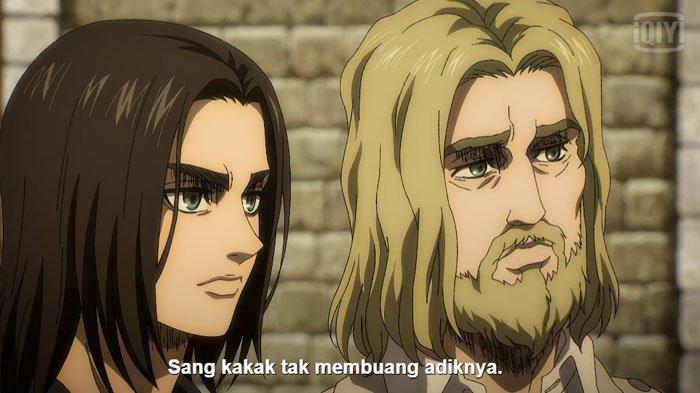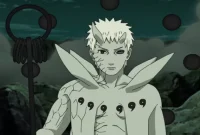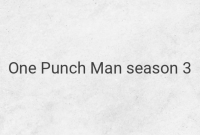Attack on Titan is a fan-favorite anime that follows the intense battles between two siblings, Eren and Zeke, which started at season 3. Their backgrounds, titan powers, and complex ideologies about humanity make the show unique and compelling to watch.
Eren Yeager, the elected protagonist, is a lucky child who grew up as an only child with the affection of both his parents. He enjoyed a playful childhood with his two best friends Mikasa and Armin. Eren’s biggest trauma happened when he witnessed his mother got eaten by a titan, but aside from that, he never suffered any major injuries or pains. Growing up as an only child with enough attention from his parents, Eren became the selfish and narcissistic person that he is today. He can be egoistic and always wants to be understood by others.
On the other hand, despite having the privilege of being the royal family’s heir, Zeke led a miserable childhood. From a young age, he was fed confusing ideological perspectives by his parents, Grisha and Dina Fritz, who were members of Eldia’s restoration and demanded him to become a Marley fighter with a special mission. Conversely, his grandparents taught him a different perspective and history of Eldia.
Being neglected by his parents, Zeke looked for another father figure and entrusted himself to be raised by his grandparents. His hatred towards his parents led him to betray his family by reporting them to the Marley military. Zeke, however, struggled with his emotions, torn between loving and hating his parents. He felt guilty for betraying them, even if it was just a brief moment. Zeke’s past and buried family issues constricted him to think that if Eldia never existed, then the world would have been better. Thus, he aimed to sterilize all subjects of Ymir.
The unique and compelling story behind Eren and Zeke’s lives and their perspectives about humanity make the Attack on Titan worth watching. The tragic events they experienced in their childhood, their family dynamics, and their individual aspirations have shaped their ideologies about the world. The audience can relate to the characters’ emotions and conflicts, which brings a deeper level of engagement in the story.




